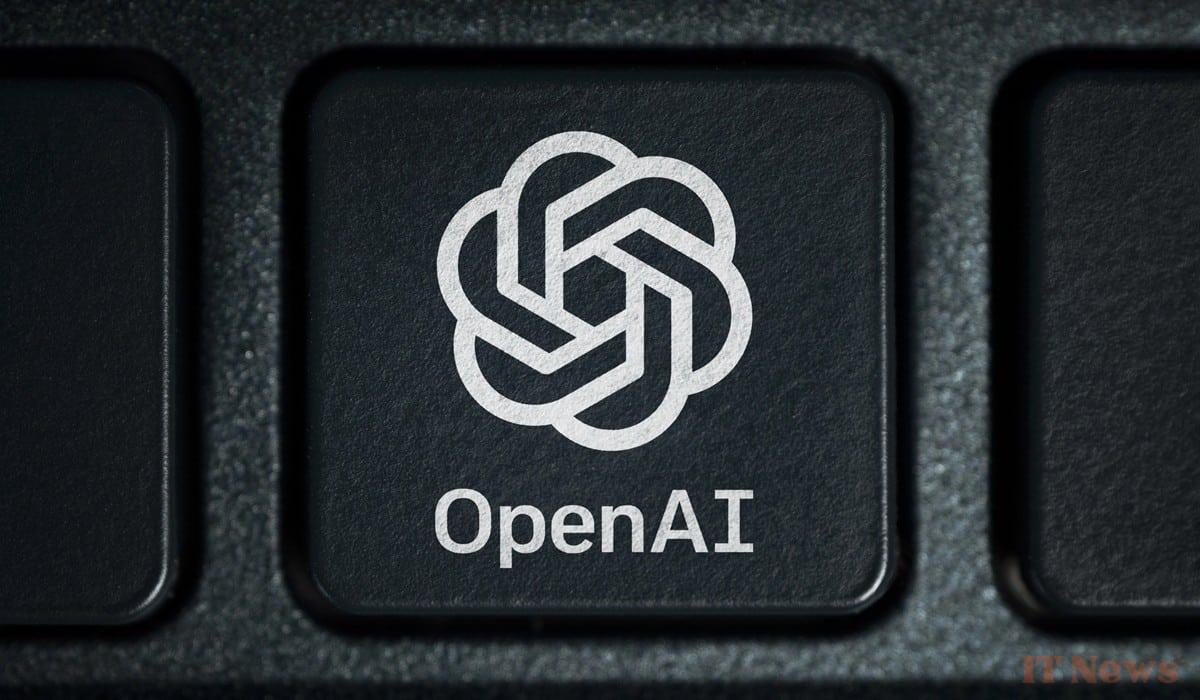While some of the charges were dismissed last year, the accusation of direct infringement remains relevant. The dispute raises a fundamental question: to what extent is the use of copyrighted content to train AI legal? Until Currently, the regulations in this area are unclear, and this trial could well set a precedent.
Alec Radford in the turmoil
Among the central figures in this case is Alec Radford, a pioneer in the development of AI models at OpenAI. Although he left the company to devote himself to independent research, he is now caught up in his own work: he has been subpoenaed because of his key role in the development of OpenAI models.
He is not alone. Dario Amodei and Benjamin Mann, two other former collaborators who have since co-founded Anthropic, are also called to testify. Their presence raises an interesting question: how far does the responsibility of researchers extend when the models they have contributed to create become subjects of legal disputes?
The repercussions for the AI industry
This affair goes far beyond the OpenAI case: it lays the foundations for a fundamental debate on the use of cultural works in training AI. Can we consider these models as tools for legitimate innovation, or are they a threat to human creation?
The stakes are high. If the court rules in favor of the plaintiffs, the AI industry could be forced to make major reforms, or even to compensate the authors whose works were used. Conversely, if OpenAI wins, the current model of AI learning could be strengthened, emphasizing the need for clear regulation.



0 Comments